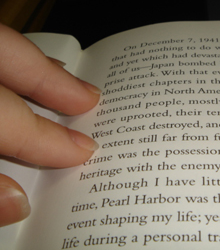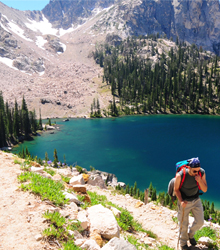Het arrangement Holidays and travel - level 2 - lesson 3 is gemaakt met Wikiwijs van Kennisnet. Wikiwijs is hét onderwijsplatform waar je leermiddelen zoekt, maakt en deelt.
- Auteur
- Laatst gewijzigd
- 27-08-2015 15:22:16
- Licentie
-
Dit lesmateriaal is gepubliceerd onder de Creative Commons Naamsvermelding 3.0 Nederlands licentie. Dit houdt in dat je onder de voorwaarde van naamsvermelding vrij bent om:
- het werk te delen - te kopiëren, te verspreiden en door te geven via elk medium of bestandsformaat
- het werk te bewerken - te remixen, te veranderen en afgeleide werken te maken
- voor alle doeleinden, inclusief commerciële doeleinden.
Meer informatie over de CC Naamsvermelding 3.0 Nederland licentie.
Aanvullende informatie over dit lesmateriaal
Van dit lesmateriaal is de volgende aanvullende informatie beschikbaar:
- Toelichting
- Holidays and travel - HV2
- Leerniveau
- HAVO 2;
- Leerinhoud en doelen
- Engels;
- Eindgebruiker
- leerling/student
- Moeilijkheidsgraad
- gemiddeld
Gebruikte Wikiwijs Arrangementen
privé J.de Nijs. (2015).
Holidays and travel - level 2 - lesson 2
https://maken.wikiwijs.nl/64273/Holidays_and_travel___level_2___lesson_2









 The last 5 minutes of every lesson ends with this item. Remind your teacher when it is 5 minutes before!!
The last 5 minutes of every lesson ends with this item. Remind your teacher when it is 5 minutes before!!
